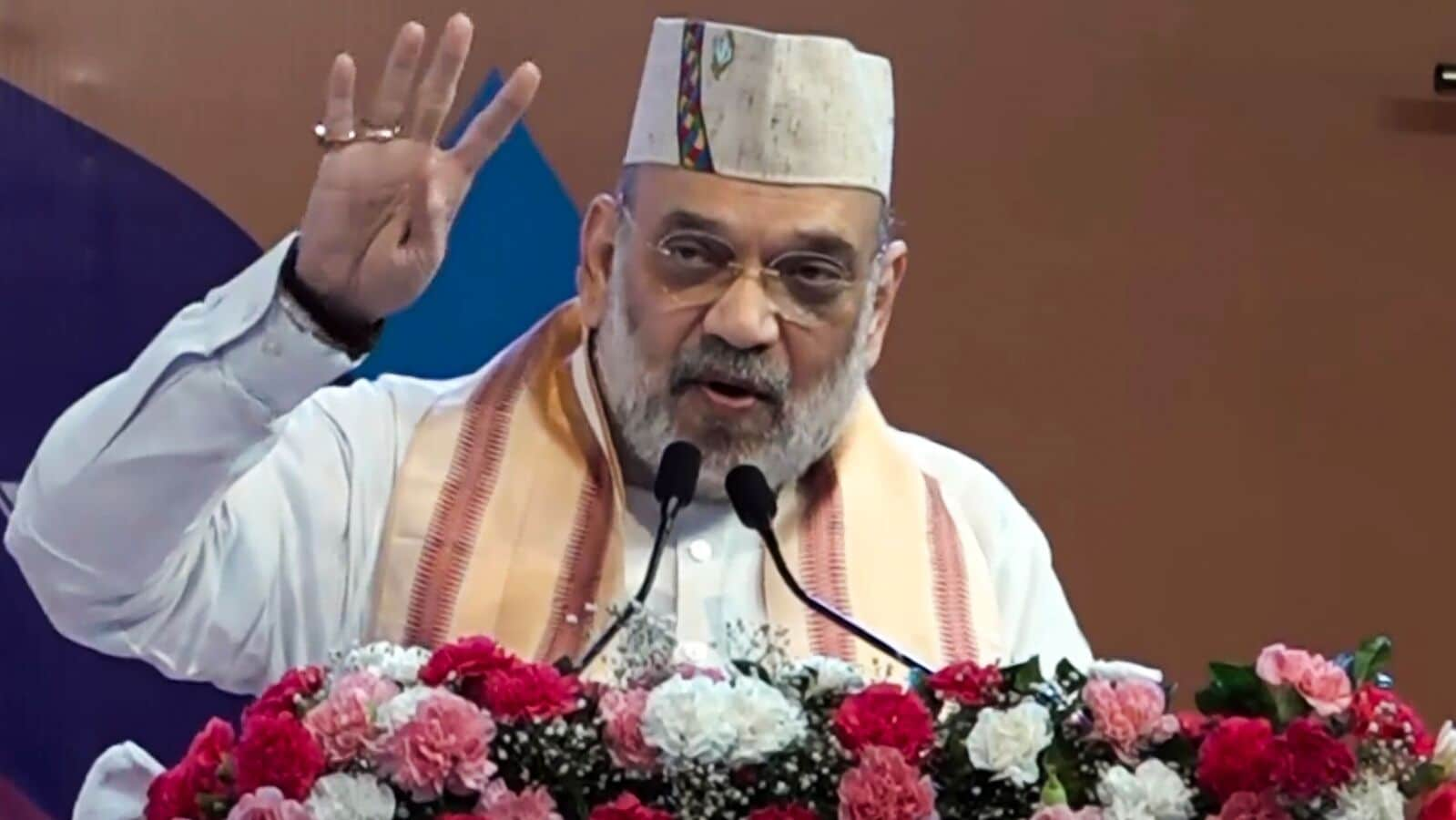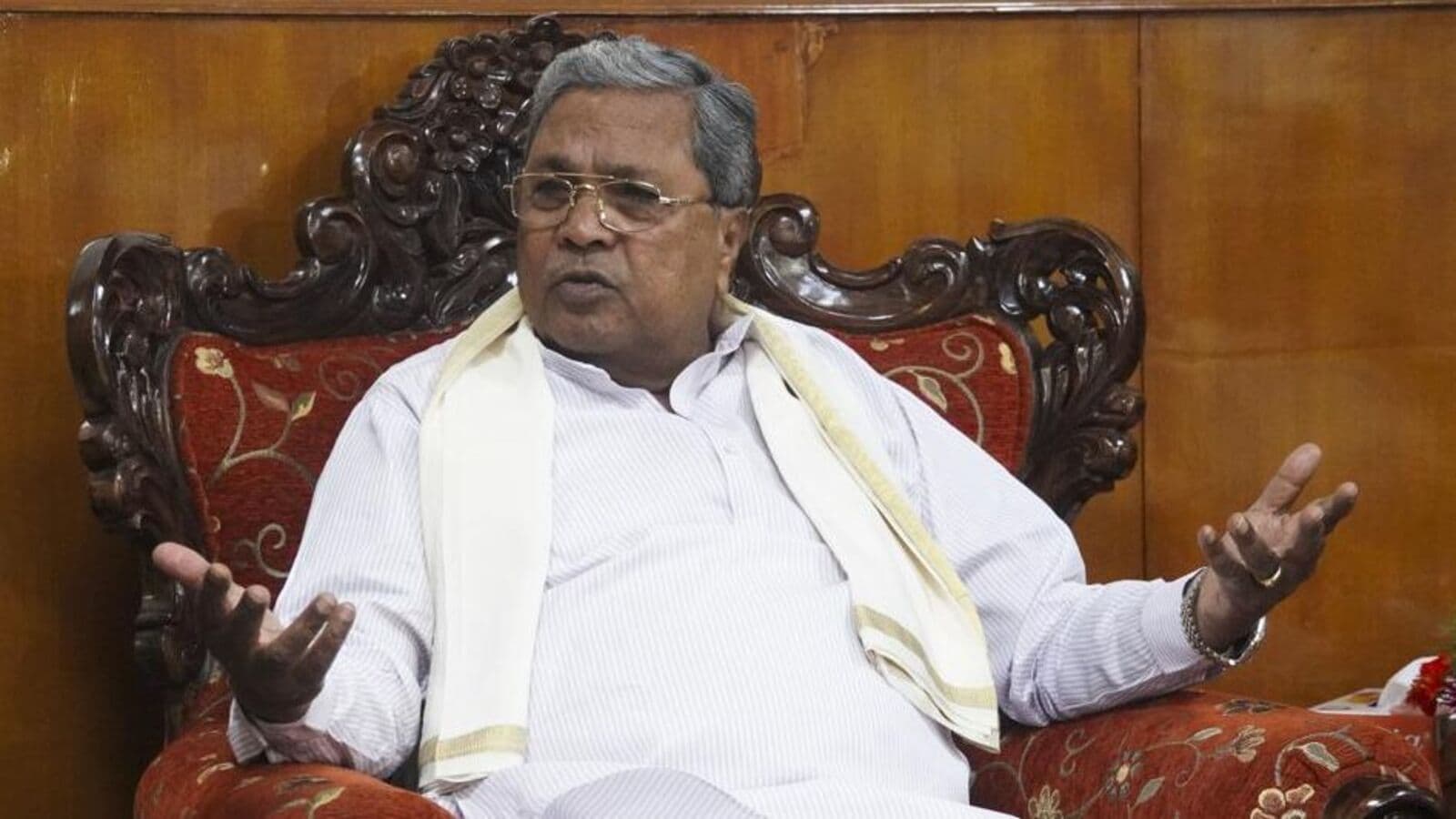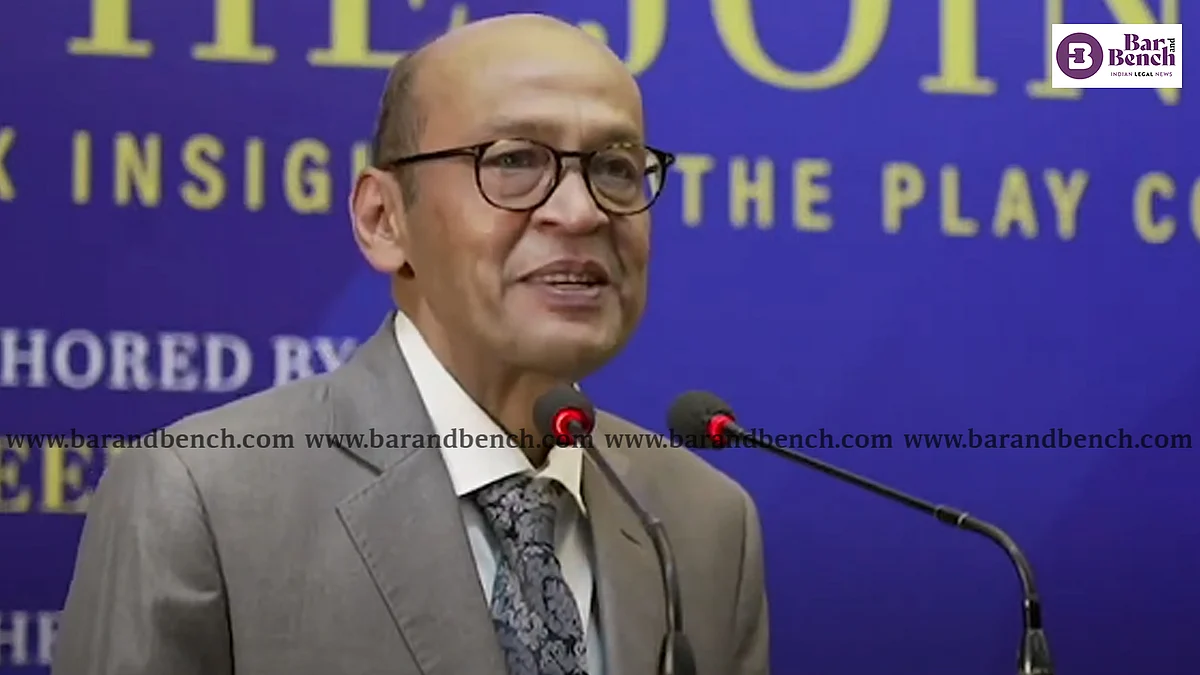India’s Cooperative sector is set for a major overhaul as Union Home Minister and Minister of Cooperation Amit Shah will launch the National Cooperative Policy 2025 on July 24, Thursday, effective from this year for two decades.
It replaces the 2002 policy that provided a fundamental framework for better handling of cooperative institutions’ economic activities.
Now, the new policy emphasises reviving and modernising the cooperative sector while aiming to achieve prosperity through cooperation by developing a roadmap at the ground level.
The aim of the National Cooperative Policy 2025 is to ensure that cooperative organisations are accessible to all, run efficiently and professionally, geared towards future needs, and capable of generating extensive employment and income-generating avenues, particularly in rural areas.
Why is the Centre replacing the National Cooperative Policy 2002?
The Ministry of Cooperation believes significant changes occurred in the society, country and abroad in the last 20 years due to globalisation and technological innovation. Considering this, “it became necessary to formulate a new policy so that cooperative institutions can be made more active and useful in the current economic scenario and the role of the cooperative sector can be strengthened in achieving the goal of ‘Viksit Bharat 2047”, the ministry stated.
Shah pointed out three key factors contributing to the decline of the cooperative movement in India: outdated laws that remained unchanged, lack of evolution and expansion in cooperative activities, and recruitment practices influenced by favouritism. “The Modi government has now amended these laws and conceived the idea of Tribhuvan Sahkari University (TSU) to address these issues,” he asserted.
What to expect from the National Cooperative Policy 2025
- It will support employment and benefit 1.4 billion people.
2. Shah mentioned setting up cooperatives in every village across India within five years, with a goal of establishing 2,00,000 Primary Agricultural Credit Societies (PACS) by February 2026, at a state cooperation ministers’ meeting on the occasion of the celebration of the International Year of Cooperatives (IYC) 2025.
3. During the meeting that assessed initiatives taken by the Ministry of Cooperation, talks on advancing dairy and fisheries cooperatives and executing the world’s largest grain storage scheme within the cooperative sector took place.
Shah mandated that all states declare their own cooperative policies by January 31, 2026. “Now we have brought cooperative banks under the Banking Act and the Reserve Bank of India has also taken a flexible approach and solved many of our problems,” the minister said.
He stressed that not a single village in the country should be left without a cooperative, and the National Cooperative Database should be utilised to attain this goal.
A 48-member national-level committee led by former Union Minister Suresh Prabhakar Prabhu drafted the new National Cooperative Policy. The committee comprised representatives from national and state cooperative federations, cooperative societies across various levels and sectors, officials from relevant central and state government ministries or departments, and academicians.
To promote an inclusive and participatory process, the committee conducted 17 meetings and organised four regional workshops in Ahmedabad, Bengaluru, Gurugram, and Patna. In total, 648 suggestions from stakeholders were thoroughly reviewed and integrated into the new cooperative policy.
(With inputs from ANI and PTI)





